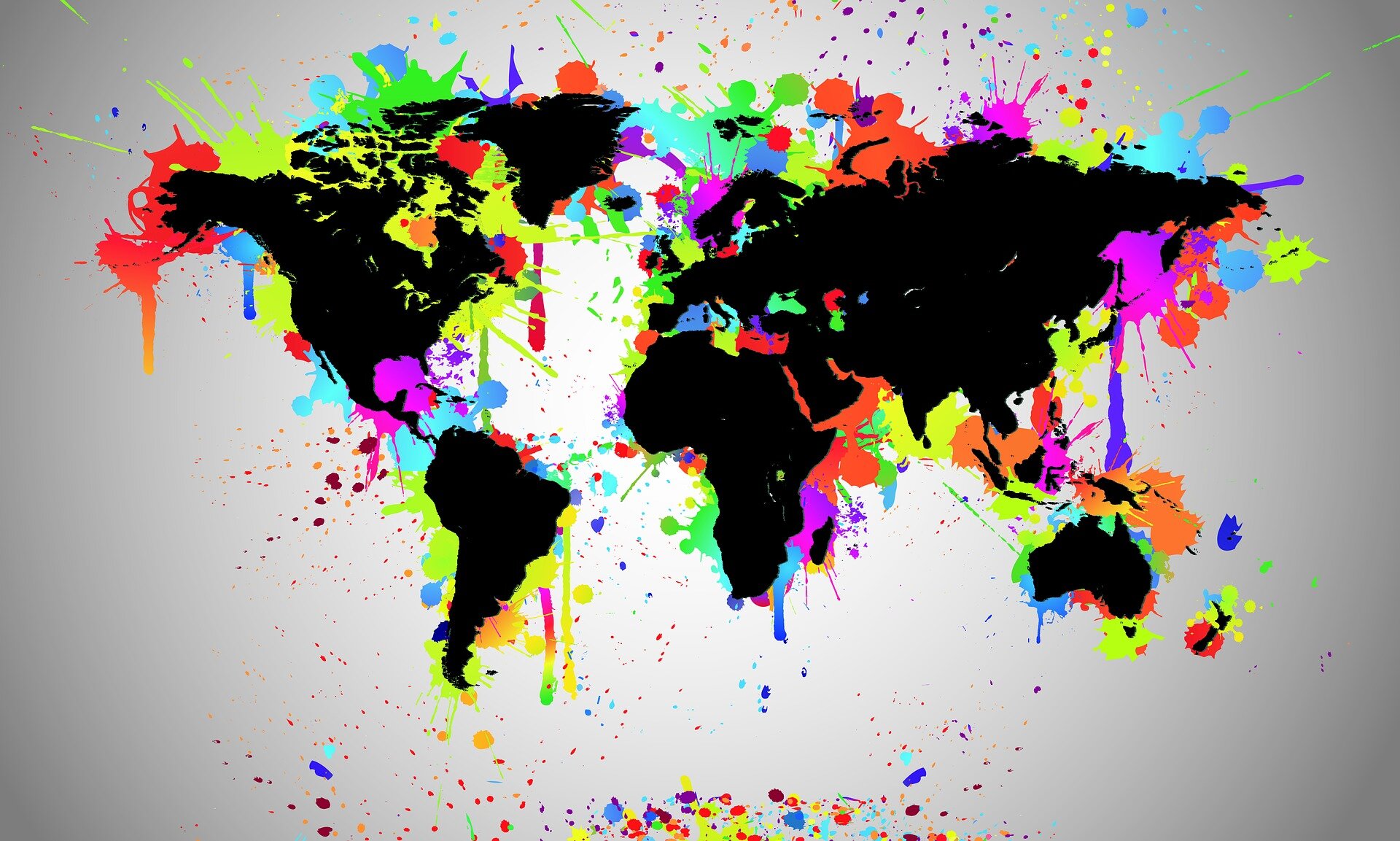An International Thirst for Philosophy: Philosophical Openness in the Age of American Cynicism
As part of my shameless self-promotion of my philosophy blog posts, I regularly share my new blog posts on various social media platforms such as Facebook, Twitter, Instagram, LinkedIn, and so on. In reviewing the comments on my various posts, I notice a stark difference in tone between the majority of comments from readers in English-speaking countries like the United States, Canada, and Australia and the majority of comments from readers in non-English-speaking countries.
Social media comments from readers in English-speaking countries tend to be more cynical, even jaded, with readers being generally less open to learning something new or any new perspective about the nature of philosophy than they are used to. This tells me that Anglo-American philosophers have become so steeped in philosophy-as-criticism that they have very nearly forgotten the art of listening, of genuine philosophical reflection, of seeing the world or their own discipline in radically new or different ways; perhaps they have also lost the sense of philosophy not just as the quest for truth but the quest for wisdom, the art of living.
Readers from non-English-speaking countries, however, seem to soak up my blog posts like sponges, seemingly grateful for every new piece of philosophical wisdom, in any form or mode. These readers, judging from their social media comments, are far more open to incorporating each new insight into their overall worldview and their overall sense of what properly counts as philosophy in the first place. This says to me that there is a real thirst for philosophy in the non-English-speaking world, a sense of intellectual progress and openness, particularly in “lesser-developed” (in irony quotes) countries, akin to the Enlightenment, the Renaissance, and/or Modernity in the West.
Just as the West had to rediscover both the classical works of Western philosophy and the role of pure reason in human life, philosophers in non-English-speaking countries are now discovering and rediscovering works of Western philosophy in their own cultural Renaissance, interpreting works of philosophy well-known to the Western world but through the lens of their own cultural, individual, and philosophical interests. Just as Modern philosophers tended to view the classics of Western philosophy as stepping-stones to their own cultural and philosophical enlightenment, philosophers in non-English-speaking and non-Western countries appear to be utilizing the canon of Western philosophy—whether ancient, modern, or contemporary—for the purposes of their own cultural, national, or personal Renaissance.
(Year-to-Date Visits to ZacharyFruhling.com by Country)
I’m not sure how exactly English-speaking, American, and Western thinkers in general got to be so cynical and jaded in their thinking and in their instinctively harsh reactions to anything that veers even a little off course from their own narrow view of philosophy and how it should be practiced. Is it perhaps the end result of decades of historicism and postmodernism brought to their logical conclusion? Is it an elitist sense of human rationality complete with all the intellectual puffery about which Nietzsche warned us well over 100 years ago? Is it a cultural circling of the wagons, a form of philosophical or cultural self-protection in the face of increased globalization and decreased influence of English-speakers intellectually, economically, or culturally? Have American/Western thinkers put themselves on a pedestal so much they have rendered themselves impotent in their philosophical ivory tower, longing for influence and importance but feeling the sting of their own global and historical insignificance?
All this is simply to say thank-you to my readers, both here in the United States and abroad, who are genuinely intellectually curious, and to those who are open enough to appreciate philosophical wisdom and insight wherever they may find it. I support the cultural and personal Renaissance you are going through, your thirst for human reason and personal fulfillment, your quest for cultural enlightenment, and your own philosophical journey, in which I am thankful to play even the smallest part in disseminating philosophy to anyone who thirsts for wisdom.
I firmly believe in the power of modern communications technologies like the internet and social media to transcend cultural, political, economic, and social barriers; in our collective ability to raise the bar for all of humanity; and our ability to reach our loftiest goals and our highest human potential. You international readers keep my faith in philosophical openness and inquiry alive with your openness and positivity—an oasis in the middle of this vast sea of American cynicism, jadedness, and regressiveness in which I find myself awakening almost daily. The future does not belong to the cynical; it belongs to those who claim it for their own with all the openness that very future requires.







